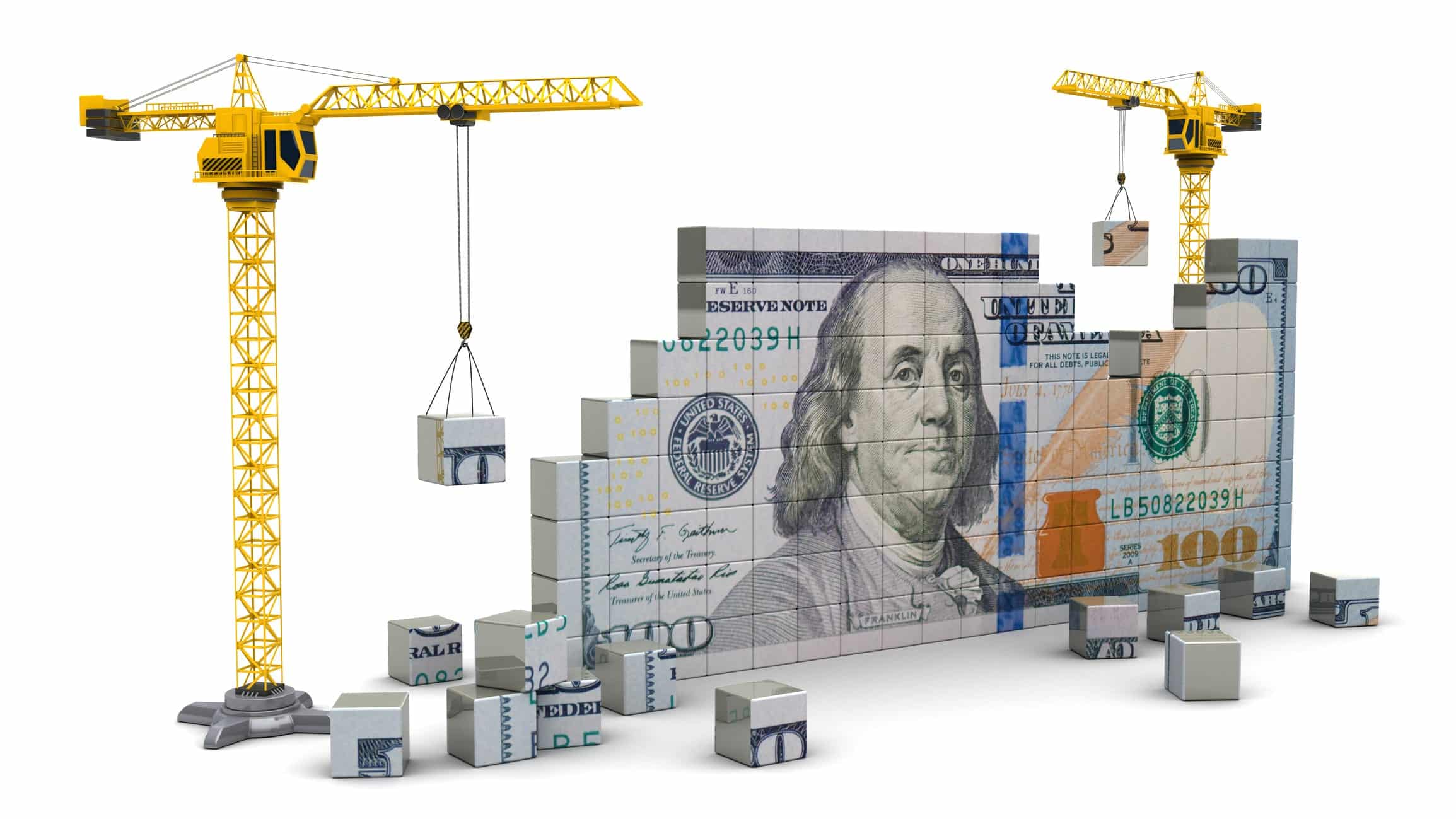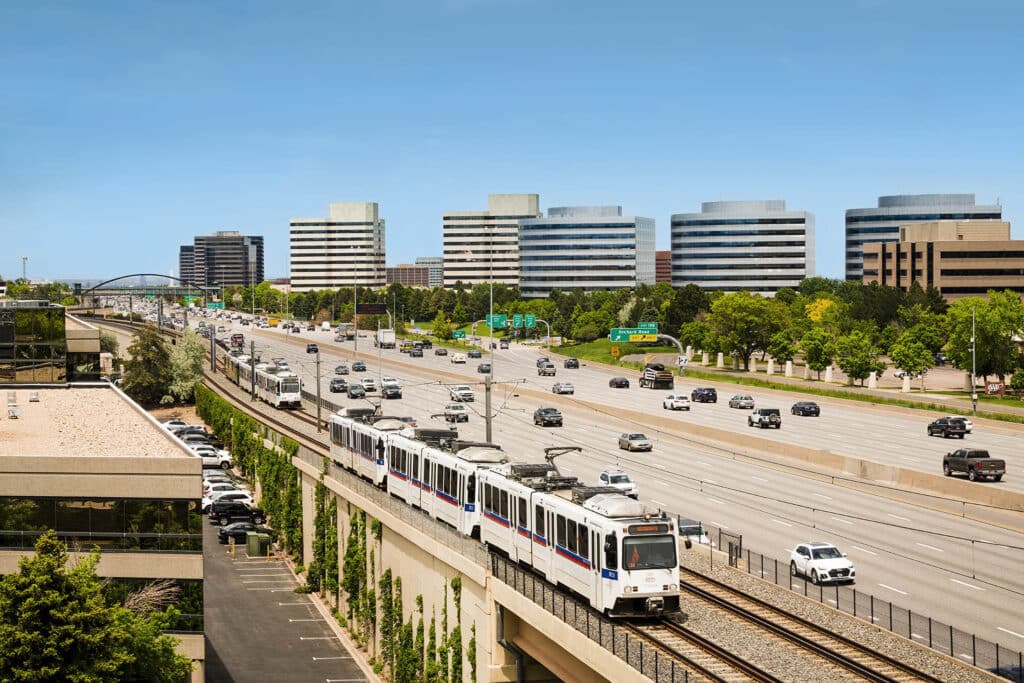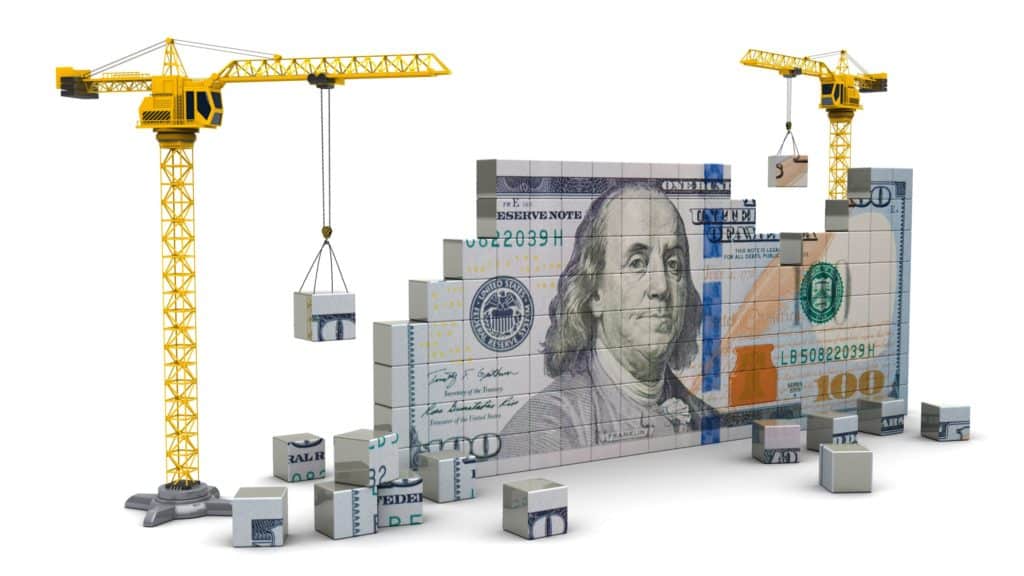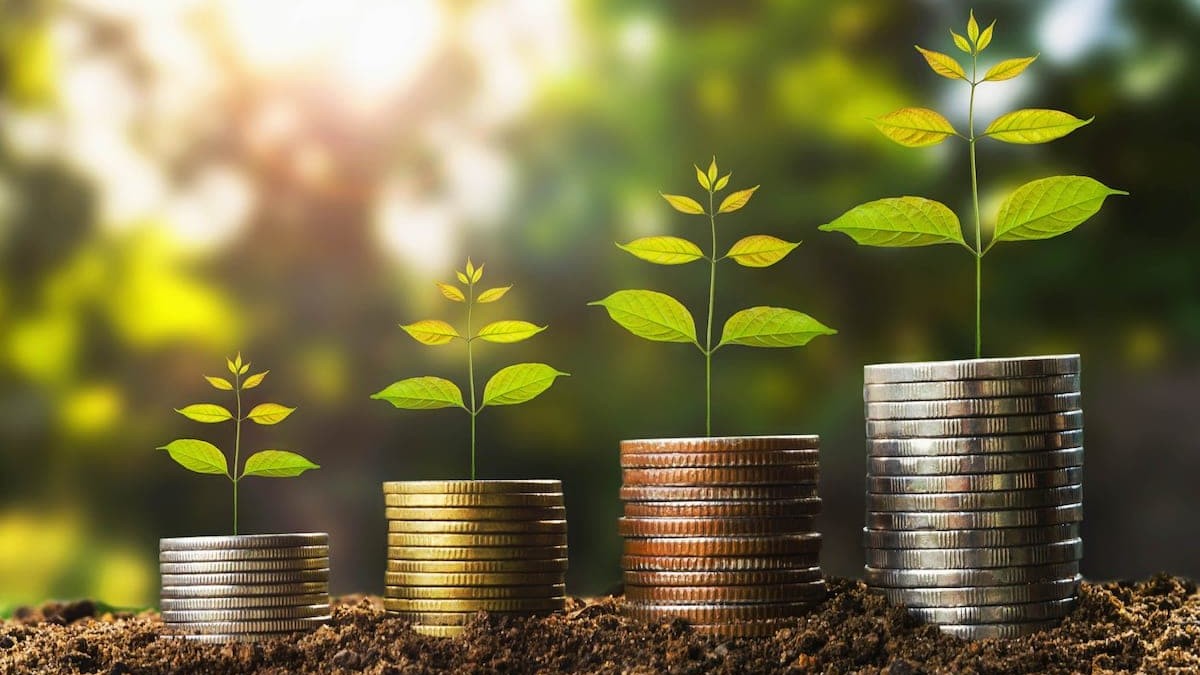Economic development is often associated with business and investment. While it is most commonly linked to financial growth, it plays a more nuanced and vital role in shaping the prosperity and well-being of communities. But what exactly does economic development entail, and why is it such a pivotal aspect of a thriving society?
Economic development is a multifaceted approach that seeks to improve the economic well-being and quality of life for a region’s residents. It involves strategic initiatives aimed at fostering growth, enhancing competitiveness, and creating a vibrant, resilient economy. This collaborative effort encompasses a broad range of activities, from job creation and infrastructure development to education and workforce training, all aimed at building a sustainable and inclusive future for communities.
How economic development works
The goal of economic development is to improve the well-being of everyone in a community, regardless of race, background or class, but, how does it actually work?
It might sound like a pretty big project to try to improve the social and political wellbeing of a country through economic strategies, and it is. That’s why it’s important to not try to solve it all at a national or international level, but at the local and regional levels. As Michael Porter, a professor at the Harvard Business School, puts it: “While macro policies and regulatory reforms set important conditions for growth and access to opportunity, it is ultimately the role of local and regional actors and institutions to address the unique market failures and opportunities in their community.”
This is why local and regional economic development organizations are so vital. Every metropolitan area has its own unique set of circumstances. There’s no blanket approach that will work across the diverse economic landscape of a country like the United States – or anywhere else, for that matter.
What is the vicious cycle of the economy?
In economic terms, a vicious cycle is a chain of events that creates a self-reinforcing pattern of negative impacts, leading to a downward spiral in economic activity. Consider a scenario where high unemployment rates trigger a domino effect: reduced consumer spending follows, leading to lower profit margins for businesses. In response, companies implement hiring freezes and layoffs, contributing to a further decline in spending power within the community.
This interconnected web of negative consequences perpetuates the cycle, intensifying economic challenges and creating a formidable hurdle for recovery. Understanding and breaking these cycles is a crucial aspect of economic development, highlighting the importance of strategic interventions to address systemic issues and promote positive economic momentum.
What is the virtuous cycle of the economy?
In contrast to a vicious cycle, a virtuous cycle in the economy is a positive chain of events that fuels further growth and prosperity. For example, when strong wages are prevalent within a community, residents have more money to spend on goods and services, which in turn boosts consumer demand. Businesses react to this increased demand by expanding their operations, hiring more employees, and investing in new opportunities. As employment opportunities grow, unemployment rates decrease, leading to even more consumer spending and economic growth.
This continuous loop of positive outcomes, driven by strong wages and increased consumer demand, forms the foundation of a virtuous cycle, creating a thriving and resilient economy.
Creating a virtuous system for local economic development
Building a virtuous economic system requires a strategic and tailored approach, recognizing the unique characteristics and opportunities of each region. As we mentioned, the economic landscape varies from one area to another, necessitating customized strategies to foster growth and sustainability.
When wages drive the economy, as opposed to external factors like tax incentives, regions foster a more sustainable and inclusive growth trajectory. Economic development organizations play a pivotal role in nurturing this virtuous cycle, aligning resources, fostering collaboration, and implementing strategic initiatives that leverage local strengths to create a thriving, resilient economy for all.
In Denver South, we are witnessing a compelling narrative of economic vitality. According to the Bureau of Labor Statistics, wages in the region are on an upward trajectory, with the annual average household wage at $116,210 as of 2021; this represents a growth of 4.9% over the previous year. This surge in wages is not an isolated phenomenon; it is part of a broader economic momentum driving growth at both local and global levels.
Businesses in Colorado are thriving, contributing significantly to the state’s economic landscape. In 2018, Colorado ranked ninth in the U.S. for commercial real estate development, generating over 102,000 jobs and injecting $14.3 billion into the state’s economy. Companies like Arrow Electronics, headquartered in Englewood, reported a 4 percent year-over-year increase in global earnings, while Liberty Media’s revenue surged to $1.7 billion in the first quarter of 2019.
This economic prosperity is not confined to corporate boardrooms; it resonates across communities. The Colorado Restaurant Association, which employs over 303,000 people, states that restaurants generate over $20 billion in revenue in Colorado. With increased wages, consumers have more disposable income, fueling spending in Colorado’s restaurants, entertainment, and other sectors.
Want to learn about Denver South’s commitment to collaboration? Discover our Programs and Services for businesses and leaders.
Economic Growth vs Economic Development, What is the Difference?
In everyday conversations, the terms “growth” and “development” are often used interchangeably, which can be confusing when discussing “economic development” and “economic growth.” Despite their close association, growth implies a quantitative increase, encompassing factors like heightened employment, business expansion, population growth, housing, or elevated levels of income and profits. Economic growth is measured by GDP.
Economic development takes a multi-pronged approach to building a long-term, sustainable future for a region, focusing on both economic growth and a high quality of life for its residents.
Economic growth is a straightforward measurement of actual economic output — things like gross domestic product (GDP) fall into this measurement. Economic development is much broader in scope and includes elements that you might not normally associate with economics, such as transportation, zoning, or permitting.
The hidden economic benefit of investing in quality of life
Economic development takes many forms, and it’s not always obvious which project will provide the greatest benefit. For example, a 2016 report to the then-President Obama cited early childhood education as an important factor in stabilizing the economy. How can something like early childhood education improve the economy?
In the U.S. it’s anticipated that as many as 2 million manufacturing jobs will go unfilled by 2025. Children are graduating into the workforce without the skills needed to fill these often lucrative and stable jobs. If business and educational leaders can build partnerships and create pathways early on for students to pick up much-needed skills, the workforce gets a big boost.
That’s economic development at work. It might not have a clear impact on economic growth in the short term, but it will provide a meaningful solution to a widespread problem, and one that will improve the quality of life for many students who otherwise may have ended up struggling to find a stable career.
Beyond individual endeavors: the collective impact of collaboration in economic development
Economic development is a multifaceted discipline that intricately weaves together strategies, partnerships, and initiatives to shape thriving economies. While its complexities are extensive, the fundamental principle is clear: to foster inclusive growth that benefits all segments of society. This collaborative approach emphasizes collective progress over isolated gains. By prioritizing strategies that enrich the entire population, we pave the way for sustainable and resilient economies, embodying the true spirit of economic development.
Inspired to be a part of Denver South’s virtuous cycle of economic development?
Subscribe to our newsletter to learn more about what’s happening in our region.
Next Read: Who are the stakeholders in economic development?
To learn more about our programs & services please contact one of our team members today:
Entrepreneurial Support:
EcoDevo@denver-south.com
Existing Businesses:
Becky Nelson
Becky@denver-south.com
Prospective Businesses:
Christine Shapard
Chris@denver-south.com
Suggested Reading:




